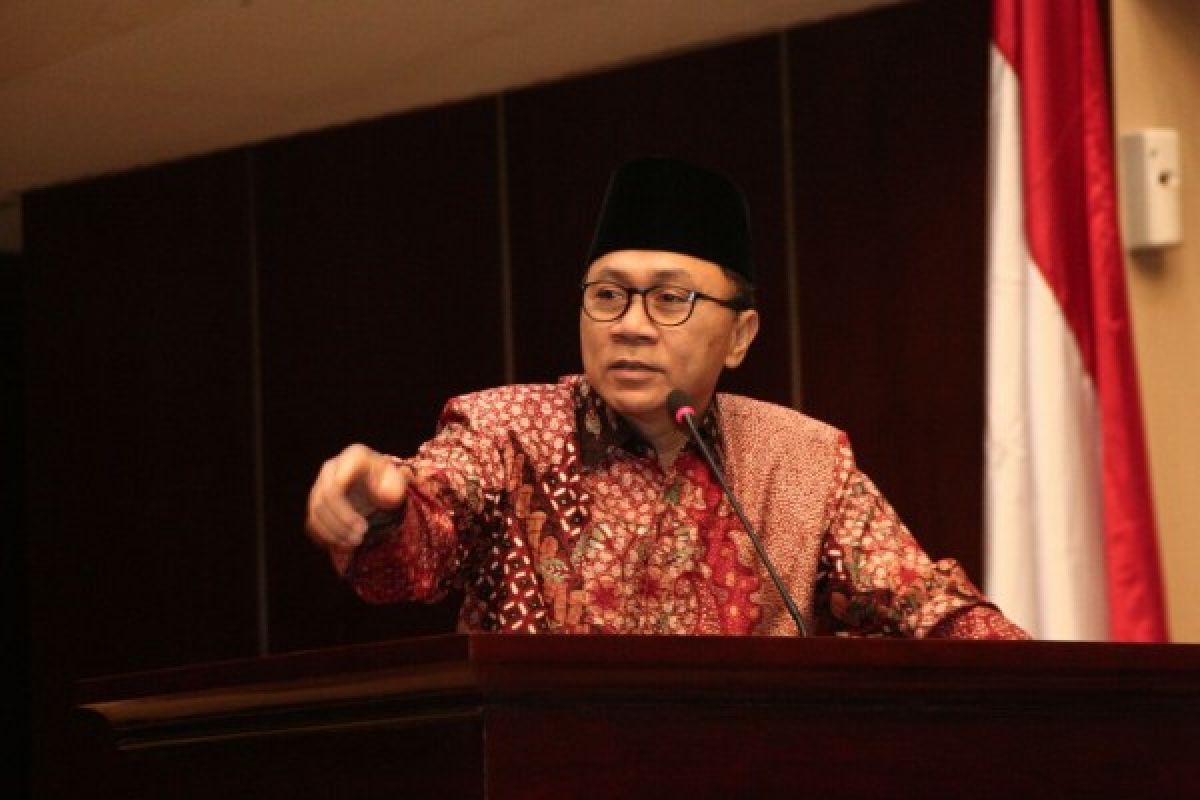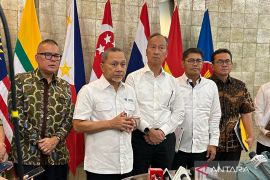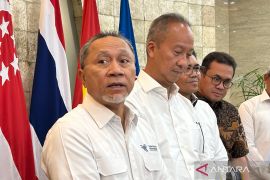The government should take sides with the traditional fishermen."Jakarta (ANTARA News) - The Speaker of Peoples Consultative Assembly (MPR) Zulkifli Hasan said that the governments policy should empower traditional fishermen optimally.
"The government should take sides with the traditional fishermen," Hasan said here on Tuesday.
The speaker revealed that the people working in the fisheries sector have complained about a number of issues such as fishing permits and prohibitions.
Therefore, a dialogue between the government and the fishers should be held to resolve the number of issues, he noted.
"So far, there has been a lot of progress in regional autonomy and infrastructure development. But, on the other hand, there is still a social gap occurring in the community," he added.
"The social gap is a fact that has not been addressed," he said.
The Indonesian Chamber of Commerce and Industry (Kadin) had earlier urged the government to pay more attention to the marine and fisheries sector in 2017.
"We hope the government will pay more attention to the marine and fishery businesses," Kadins Deputy for Maritime Affairs and Fisheries Yugi Prayanto remarked.
The optimal utilization of Indonesias vast marine areas and rich fisheries resources can earn the government trillions of rupiah in annual revenues. Its marine and fisheries resources have a revenue potential of up to Rp3,000 trillion or about US$55.6 billion a year based on the KKP data in 2001.
According to Maritime Affairs and Fisheries Minister Susi Pudjiastuti, abundant fishery resources are currently found only in the seas of Indonesias maritime territory, and their sustainability should be maintained.
However, according to fisheries policy observer Abdul Halim, maritime and fisheries resources are not yet tapped maximally.
If the fisheries resources can be utilized optimally, then it may increase the non-tax state revenues in the fisheries sector, Halim, who also serves as the Executive Director of the Center of Maritime Studies for the Humanities, remarked.
Yet, according to Kadin, the chamber has faced many obstacles during 2016 in supporting fishermen and the fisheries businesses due to the impact of the governments policies not being conducive to them.
Some government policies issued in 2016 did not positively impact investments in the maritime and fisheries sector. Moreover, these policies significantly affect the livelihood of fishermen.
Due to these policies, many fishermen are frightened to work. Therefore, Kadin hopes that the government will support the domestic businesses and focus its attention on the marine and fisheries sector.
(Uu.A063/INE/KR-BSR/B003)
Editor: Priyambodo RH
Copyright © ANTARA 2017












